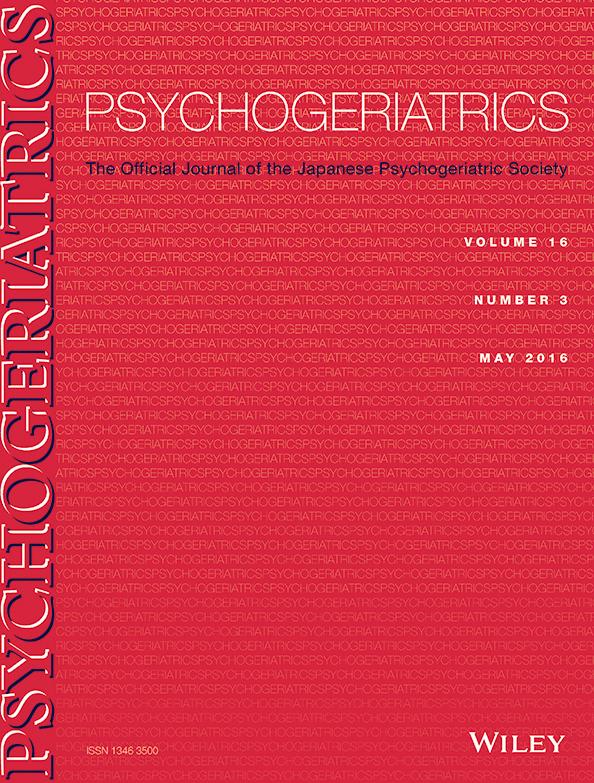Longitudinal functional changes, depression, and health-related quality of life among stroke survivors living at home after inpatient rehabilitation
Abstract
Aim
This study investigated changes in functional status in home-dwelling stroke survivors 1–3 years after inpatient rehabilitation. It also examined the factors associated with longitudinal functional changes and health-related quality of life.
Methods
Survey evaluations were conducted at the homes of 27 stroke survivors. The Functional Independence Measure (FIM), Short Form 36, Frenchay Activities Index, and Hamilton Depression Rating Scale were used to assess functional status, quality of life, social activity, and depression symptoms, respectively.
Results
From the time of discharge to follow-up (mean: 2.1 ± 0.6 years), total FIM and motor FIM scores were mildly improved, and cognitive FIM score was significantly improved. On the Short Form 36, physical functioning, general health, and vitality scores were lower than norm-based scores. Multiple regression analyses showed a positive association between change in motor FIM score and Frenchay Activities Index score and a negative association between change in cognitive FIM score and elapsed time after discharge. With regard to health-related quality of life, motor FIM score was associated with the physical component summary, whereas age and Hamilton Depression Rating Scale score were associated with the mental component summary.
Conclusion
Social participation was associated with long-term improvement in activities of daily living, indicating that interventions targeting social function are important for maintaining and further improving activities of daily living in stroke survivors. Health-related quality of life was correlated with activities of daily living and depression; therefore, interventions targeting these parameters are important in improving the quality of life of stroke survivors.




